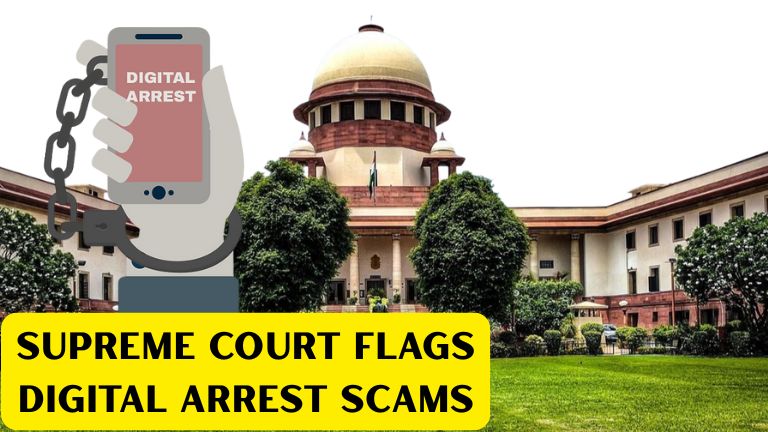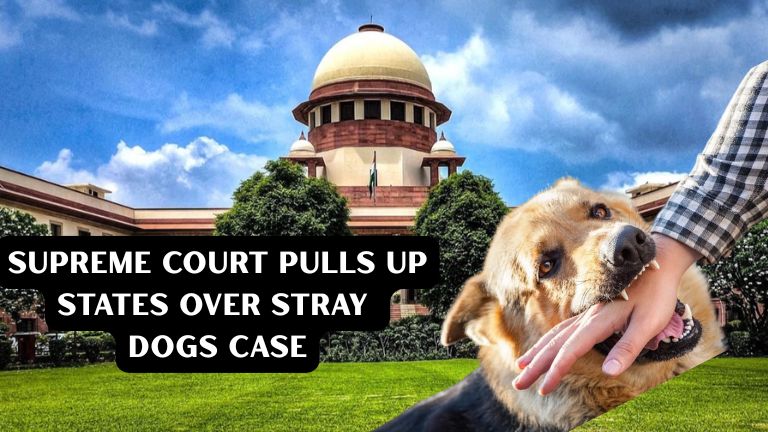P.R. Raman, J.@mdashThe appellant is a public sector undertaking and an assessee under the Income Tax Act, 1961, (hereinafter referred to as
the Act). It filed the original petition, challenging exhibits P-12 and P-13 and for a declaration that the said notice and proceedings are illegal. It
also prayed for a direction to the respondent to refund an amount of Rs. 20 lakhs and to prohibit the respondent from recovering an amount of Rs.
13,07,500. Exhibit P-12 is a notice issued u/s 156 of the Income Tax Act demanding an amount of Rs. 13,07,500 and exhibit P-13 is the
proceedings of the Joint Commissioner of Income Tax (Assessment), Range 2, Ernakulam, dated April 27, 2000, passed consequent upon the
decision made by the Chief Commissioner of Income Tax u/s 244A(2) of the Act by exhibit P-13, the interest mistakenly granted for the period
from January 1, 1990, to September 30, 1991, amounting to Rs. 33,07,500 was withdrawn. The learned single judge [See Kerala State Civil
Supplies Corpn. Ltd. Vs. Joint Commissioner of Income Tax, dismissed the OP. The background under which the dispute arose may be stated as
follows:
2. The assessee filed a return of loss for the year 1989-90 on December 29, 1989. The assessment was completed u/s 144 of the Act and on a
No loss no profit"" basis on September 20, 1991 (exhibit P-1). The advance tax along with interest thereon was ordered to be refunded.
Thereafter, a notice u/s 154 was issued on September 18, 1995, and after hearing the objection of the assessee, exhibit P-2 rectification order
dated January 16, 1996, was passed by the Assessing Officer. He revised the original order of assessment with a view to withdraw the excess
interest. He took the view that the assessee''s return is not complete in all respects as the audit report in Forms Nos. 3CA and 3CD and also the
audit report u/s 44AB of the Income Tax Act as also the report contemplated u/s 619 of the Companies Act were not filed. Therefore, attributing
the delay on the part of the assessee in not filing the said report, the interest was withdrawn from the period from January 1, 1990, to September
30, 1991, and the excess interest granted by the earlier order was demanded which came to Rs. 33,07,500 as against the original amount of Rs.
47,25,000 granted by way of interest. Aggrieved thereby, the assessee preferred an appeal before the Commissioner of Income Tax (Appeals)
and the main contention advanced was that there was sufficient cause for the assessee for not filing the audit report along with the return. The
revised return was filed on March 3, 1994, along with the audit report. Therefore, the defect, if any, in the original return was cured. It is also
contended that the delay in completing the assessment was not due to any reason on the part of the assessee. Incidentally, a ground was taken that
this is not an error apparent on the face of the record. But from exhibit P-3 order, it would appear that the jurisdictional ground u/s 154 is not seen
pressed into service. The appellate authority, therefore, considered the arguments on the merits and agreed with the findings of the Assessing
Officer. The assessee appealed to the Tribunal. There is nothing to show that the assessee had raised any contention, challenging the jurisdiction of
the Assessing Officer u/s 154 of the Act. Exhibit P-4 is the order passed by the Appellate Tribunal which considered the appeal on the merits, but
the Tribunal did not agree with the assessee''s contentions. It went on to hold that as per Section 244A of the Income Tax Act, when a question
arises as to which is the period to be excluded, it has to be decided by the Commissioner of Income Tax, whose decision is final. The question as
to whether the delay is attributable on the part of the assessee was not considered or decided. It has been held that the decision rendered by the
Assessing Officer u/s 154 of the Act is liable to be set aside as the competent authority to decide the issue is the Chief Commissioner or the
Commissioner, as the case may be. Accordingly, the appeal was allowed with a direction to the Assessing Officer to deal with the matter afresh in
terms of Section 244A(2). Except for the statistical purpose, the contention raised on the merits was rejected. Thereafter, the Assessing Officer
referred the matter to the Chief Commissioner and it is not disputed that the Chief Commissioner did not award interest for the period from
January 1, 1990, to September 30, 1991, holding that the delay is attributable on the part of the assessee. Thereafter, the Joint Commissioner of
Income Tax (Assessment) ordered to withdraw an amount of Rs. 33,07,500 by exhibit P-13 order being interest for the period from January 1,
1990, to September 30, 1991, and determined the amount of Rs. 13,07,500 as the balance amount payable by the assessee towards excess
refund less amount of Rs. 20,00,000 paid earlier. Exhibit P-12 is only a demand pursuant to exhibit P-13. The above two orders, as already
stated, were challenged before the learned single judge. According to the appellant, the delay is not attributable on the part of the assessee in the
matter of completing the assessment According to it, the statutory auditor was not appointed in the company by the Government of India as
contemplated u/s 619(2) of the Companies Act and also u/s 44AB of the Income Tax Act. As and when the audit was completed, he had
enclosed the audit report in Form Nos. 3CA and 3CD and thus cured the original defects, if any, in filing the return. We are afraid, we cannot
consider this question for the simple reason that the assessee did not challenge the finding of the Chief Commissioner in this regard in the writ
petition. Secondly, even the Tribunal did not agree with the assessee''s contentions on the merits, but set aside the order subsequently on the
technical ground that the Assessing Officer has no jurisdiction to consider the period to be excluded and it can be decided only by the Chief
Commissioner. That order was also not challenged. It may be noticed that u/s 244A(2) of the Act, if the proceedings resulting in the refund are
delayed for reasons attributable to the assessee whether wholly or in part, the period of the delay so attributable to him shall be excluded from the
period for which interest is payable. Where any question arises as to the period to be excluded, it shall be decided by the Chief Commissioner or
Commissioner whose decision shall be final. Though as per the said provision, it is the Chief Commissioner or the Commissioner to decide as to
which portion shall be excluded, it goes without saying that in so deciding the question as to whether the delay is attributable on the part of the
assessee or the Assessing Officer, has necessarily to be considered. The conclusion that it is for the Assessing Officer to decide whether the delay
is attributable on the part of the assessee or on the Assessing Officer and what has been left to be decided by the Chief Commissioner or the
Commissioner, as the case may be, is only to be rejected as opposed to the very object of conferring the judgment on the higher authority. Before
the Assessing Officer when a question arises as to whether the delay is attributable on the part of the assessee or the Assessing Officer, he himself
cannot decide the same, since he will be deciding on his own case. The Legislature, in the circumstances, conferred exclusive jurisdiction on a
higher authority, namely, the Chief Commissioner or the Commissioner to decide the same. In this regard, it has to be seen that Sub-section (2) of
Section 244A(2) of the Act, though says that the delay so attributable shall be excluded from the period to be decided by the Chief Commissioner
or the Commissioner, the question as to which period should be excluded and which period should be included will necessarily depend on the
finding as to whether the delay is attributable on whose part. So, it has to be held that whenever a question arises as to whether there is a delay
attributable on the part of the assessee or the Assessing Officer, in terms of Section 244A(2) it has to be decided by the Chief Commissioner or
the Commissioner, as the case may be. That has been decided in this case. The net result of the proceedings u/s 154 earlier initiated against the
assessee as a matter of fact, would be completed in the sense that once he noticed that he could not have passed an order completing the
assessment without deciding this issue and without referring the same to the Chief Commissioner, he would have only cancelled the assessment and
then, after obtaining the decision from the Chief Commissioner or the Commissioner, he could have incorporated the same and completed the
assessment. The same has been done by virtue of exhibit P-13 by the Assessing Officer. If so, we do not find any good ground to interfere with the
judgment under appeal. Accordingly, the appeal is dismissed. However, no order as to costs.

